Center for Success and Independence 3722 Pinemont Drive

Overview
Through evidence-based programs, the Houston, Texas-based Center for Success and Independence (TCSI), a specialist mental health and drug misuse treatment facility, empowers young people and their families. Serving teenagers between the ages of 12 and 17, TCSI is dedicated to fostering long-term success by treating emotional, psychological, and behavioral issues, including multiple diagnosis and traumatic experiences. TCSI, a nonprofit organization under Section 501(c)(3), offers complete treatment in both residential and outpatient settings, enabling a tailored and comprehensive approach to the rehabilitation process of every young person.
TCSI's residential treatment program, which typically lasts 70 to 90 days or more, is intended for young people who need extensive care. Clients participate in a comprehensive program of evidence-based treatments, including Dialectical Behavior Therapy (DBT), which is especially useful in addressing teenagers' emotional regulation issues and self-destructive behaviors. In order to provide a nurturing atmosphere for teenagers to flourish, the program also offers individual treatment, group counseling, life skills development, and educational support. TCSI is one of the only facilities in Texas that provides a thorough DBT program designed especially for teenagers, and it has made a name for itself as a pioneer in the area for treating complicated behavioral and emotional problems.
TCSI provides an Intensive Outpatient Program (IOP) for individuals who need flexibility to continue their job or school obligations. Sessions in this 12-week structured program are focused on life skills, emotional control, relapse prevention, and the creation of constructive coping mechanisms. The IOP is a great option for young people moving from more intense treatment since it enables them to continue their rehabilitation while juggling daily obligations.
TCSI offers transition and aftercare services to promote long-term rehabilitation since it understands how important sustained success is. In order to provide each client with the resources they need to reintegrate into their homes, schools, and communities, these programs provide ongoing treatment, vocational training, life skills coaching, educational advice, and links to community resources.
In order to address a major need in Texas's adolescent mental health care system, TCSI was founded in 1999 by a group of mental health specialists that included Dr. Marylou Erbland, Robert Woods, MEd, and Karl Webster, EdS. Before TCSI was founded, local clients often had to go out of state for intense therapy, which limited family participation in the therapeutic process. The establishment of the facility made it possible for families to actively engage in treatment, which is crucial for promoting a full recovery and effective reintegration.
TCSI takes pride in its person-centered philosophy, which respects each client's uniqueness and dignity. Their therapeutic techniques are based on a collaborative approach, in which therapists closely collaborate with clients to identify and treat the root causes of emotional and behavioral issues. The center's dual-diagnosis approach, which addresses behavioral, mental, emotional, and chemical problems simultaneously, has helped to build its reputation for positive results.
TCSI acts as a training facility for interns in the Houston region as part of its dedication to professional and community development. In order to create an atmosphere where fresh perspectives are appreciated and future professionals are developed, the center accepts interns from a variety of disciplines, such as social work, marital and family therapy, and professional counseling. Numerous previous interns have gone on to play crucial roles in the TCSI team, supporting the organization's goal of providing compassionate, superior care.
The Center for Success and Independence's commitment to upholding the highest standards of care is shown by its accreditation from the Commission on Accreditation of Rehabilitation Facilities (CARF). Furthermore, TCSI has a Texas license, which further solidifies its standing as a reliable supplier of addiction and adolescent mental health services in the area.
Center for Success and Independence 3722 Pinemont Drive at a Glance
Payment Options
- Cash or self-payment
- Medicaid
- State-financed health insurance plan other than Medicaid
- Private health insurance
- State mental health agency (or equivalent) funds
Assessments
- Screening for tobacco use
- Comprehensive mental health assessment
- Comprehensive substance use assessment
- Screening for mental disorders
- Screening for substance use
Age Groups
- Adolescents
- Children/adolescents
- Young adults
Ancillary Services
- Case management service
- Court-ordered outpatient treatment
- Education services
- Family psychoeducation
- Suicide prevention services
Highlights About Center for Success and Independence 3722 Pinemont Drive
7.24/10
With an overall rating of 7.24/10, this facility has the following balanced range of services. Treatment Options: 8.42/10, Alcohol Rehabilitation: 8.00/10, Insurance and Payments: 6.53/10, Drug Rehab and Detox: 6.00/10.-
Treatment Options 8.42
-
Alcohol Rehabilitation 8.00
-
Insurance and Payments 6.53
-
Drug Rehab and Detox 6.00
Accreditations
Commission on Accreditation of Rehabilitation Facilities (CARF):

CARF accreditation is a prestigious recognition granted to rehabilitation and human service organizations. It signifies that an organization meets high-quality standards, having undergone a rigorous evaluation process. CARF accreditation boosts an organization's credibility and ensures top-notch care for individuals with disabilities, injuries, or healthcare needs.
Treatment At Center for Success and Independence 3722 Pinemont Drive
Treatment Conditions
- Alcoholism
- Mental health treatment
- Substance use treatment
- Co-occurring Disorders
- Opioid Treatement
Care Levels
- Hospital inpatient/24-hour hospital inpatient
- Outpatient
- Long-term residential
- Intensive outpatient treatment
- Hospital inpatient treatment
Treatment Modalities
- Individual psychotherapy
- Couples/family therapy
- Cognitive behavioral therapy
- Dialectical behavior therapy
- Integrated Mental and Substance Use Disorder treatment
Ancillary Services
Languages
- Spanish
Additional Services
- Pharmacotherapies administered during treatment
- Mentoring/peer support
- Drug or alcohol urine screening
Special Programs
- Clients with co-occurring mental and substance use disorders
- Clients who have experienced trauma
- Clients who have experienced sexual abuse
- Clients who have experienced intimate partner violence, domestic violence
- Children/adolescents with serious emotional disturbance (SED)
Get Help Now
Common Questions About Center for Success and Independence 3722 Pinemont Drive
Contact Information
Other Facilities in Houston
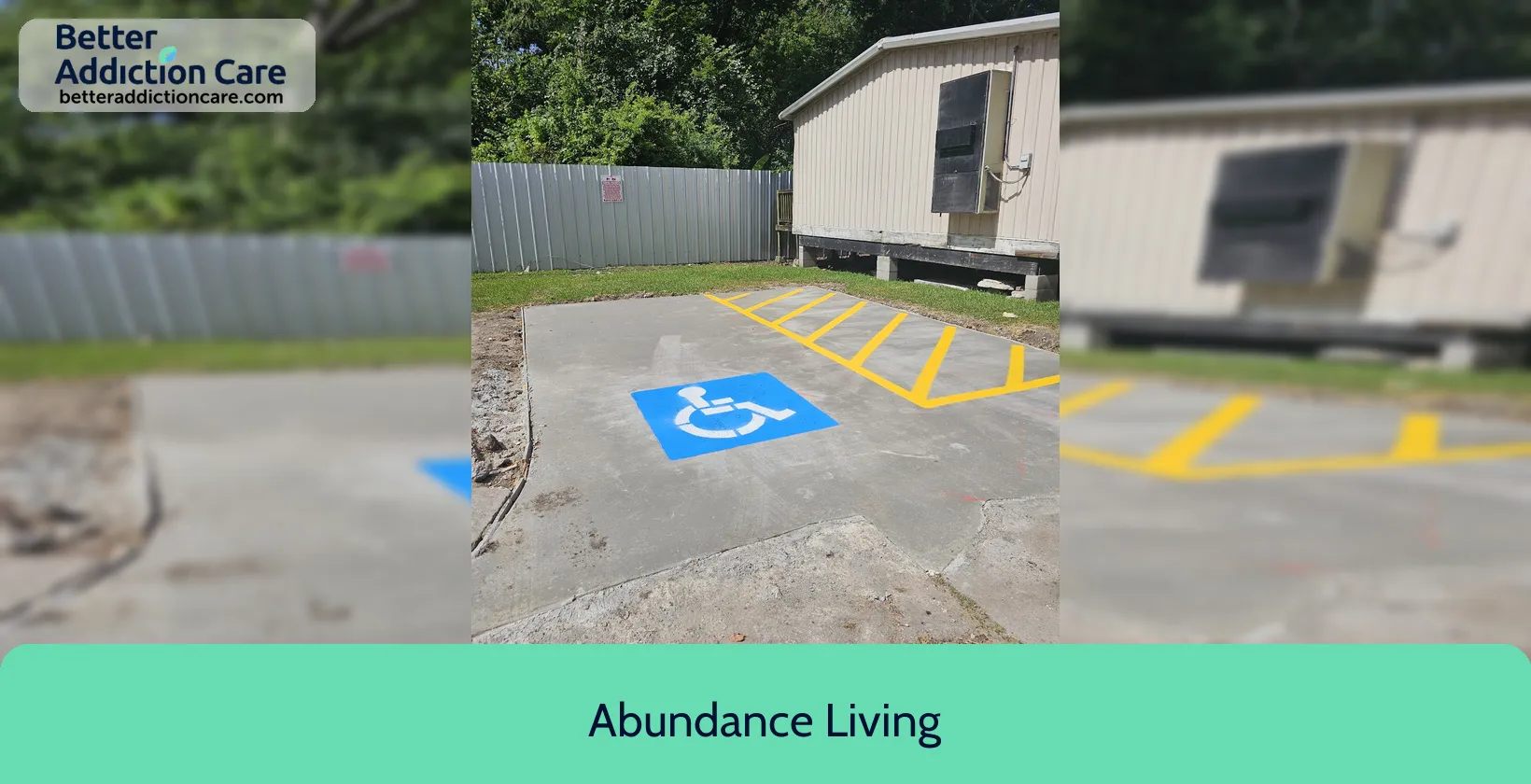
6.80
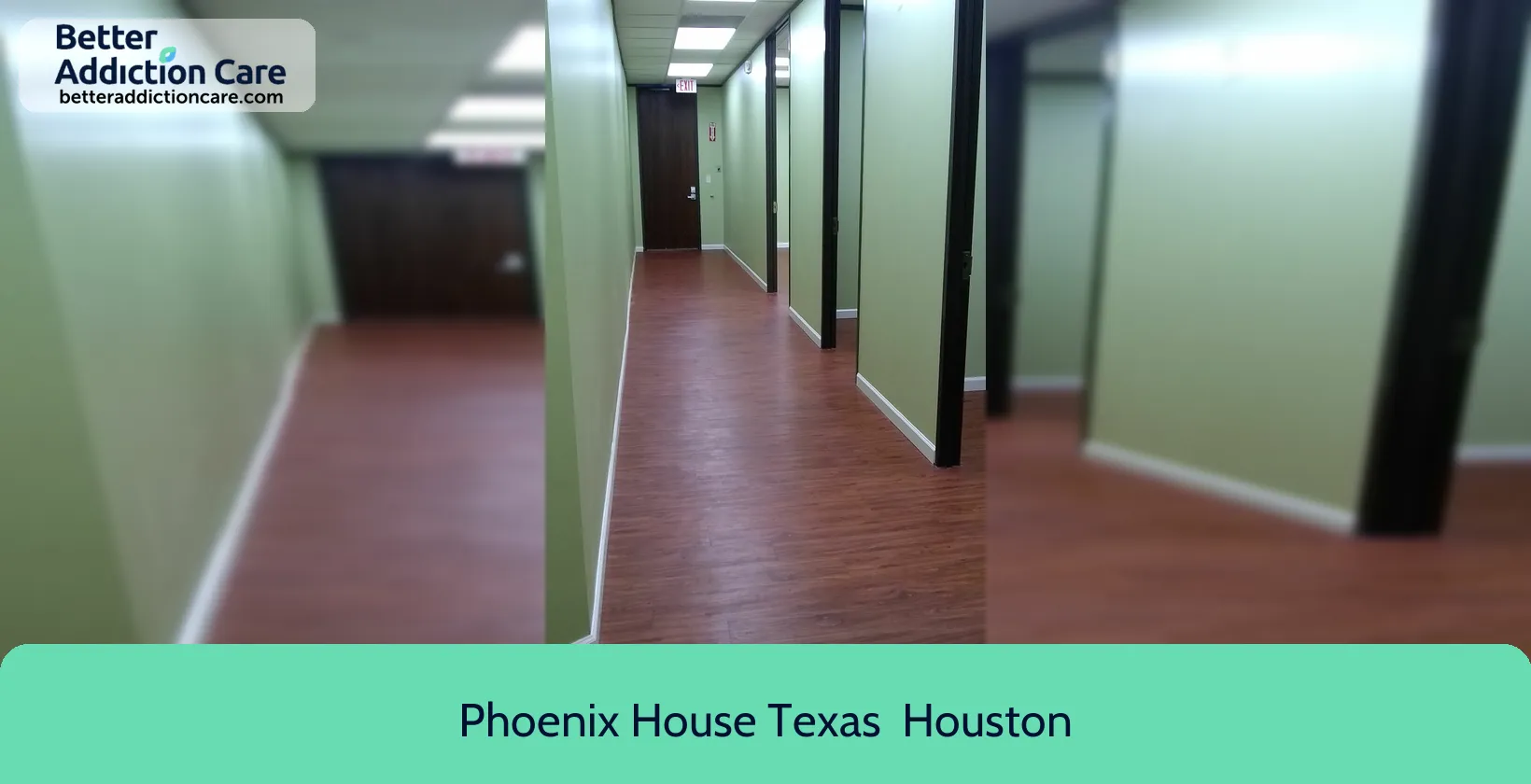
6.99
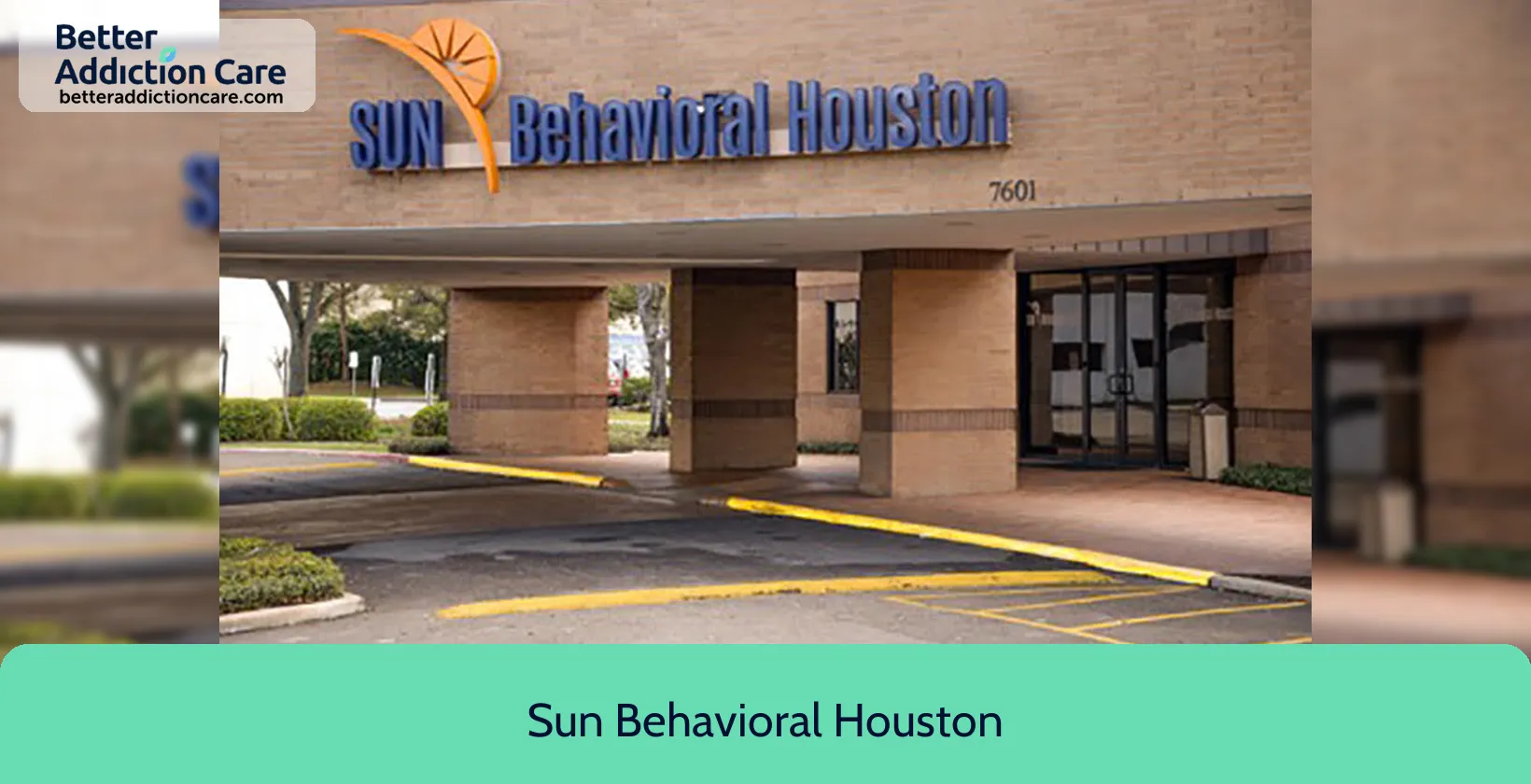
6.77
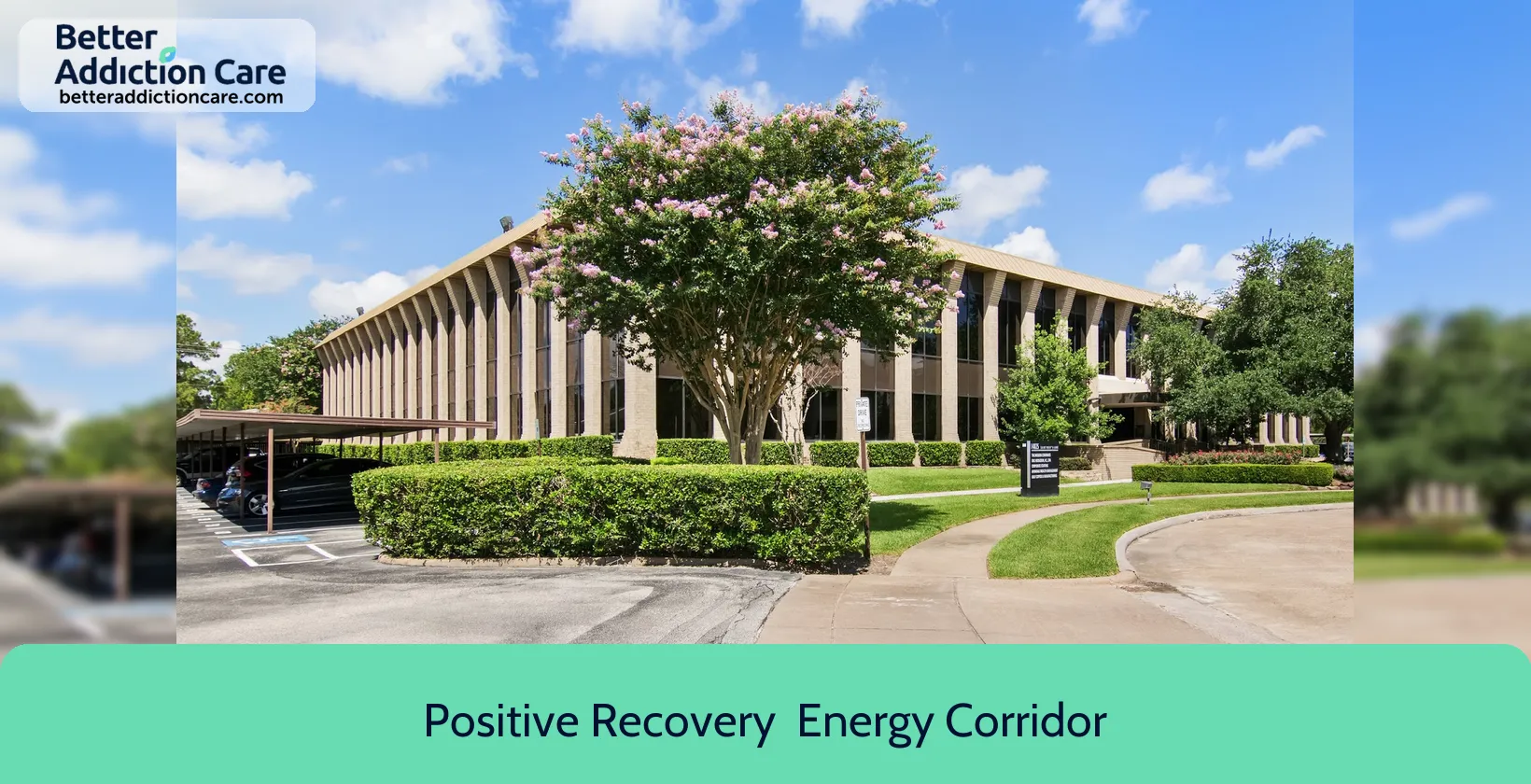
7.17
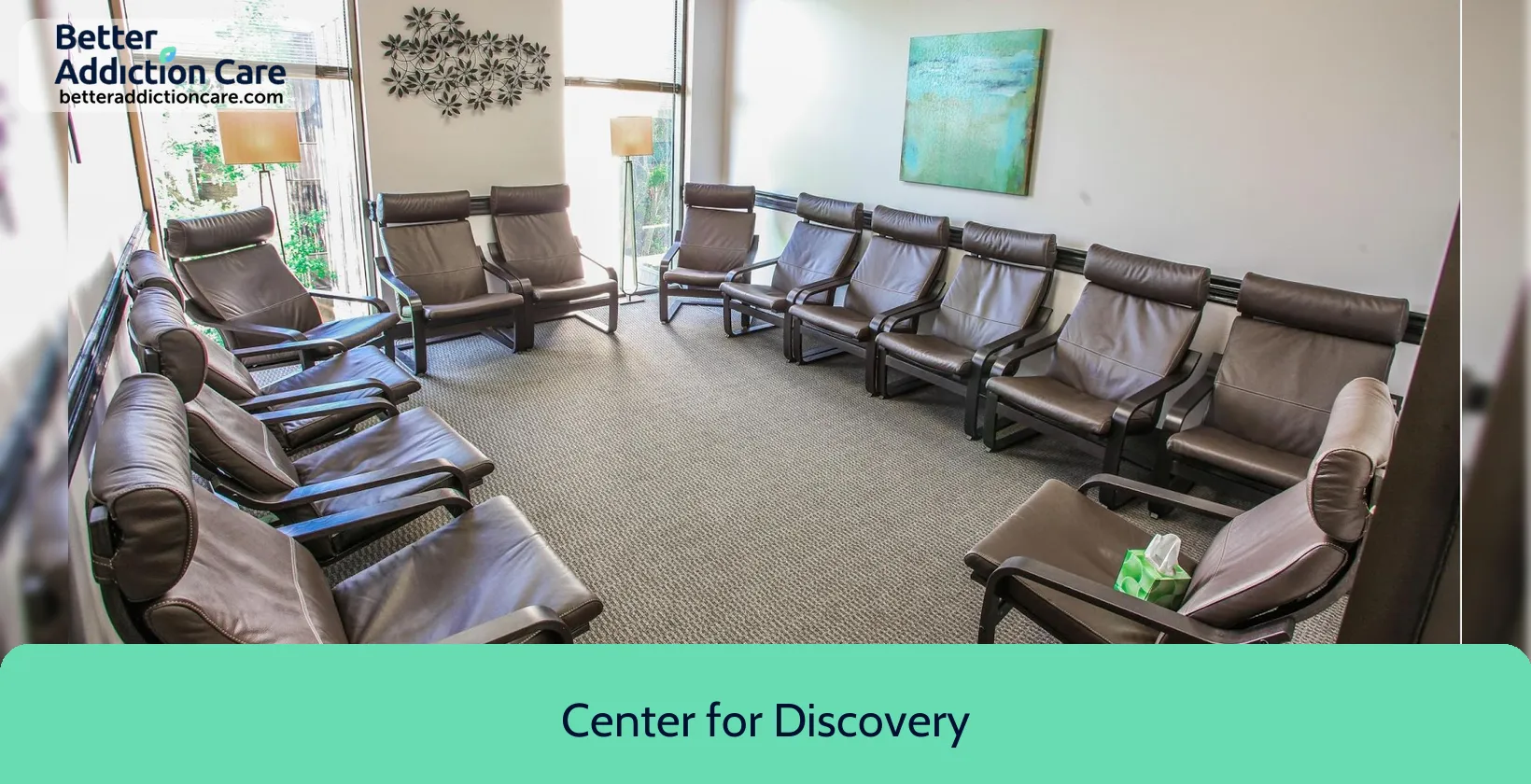
6.91
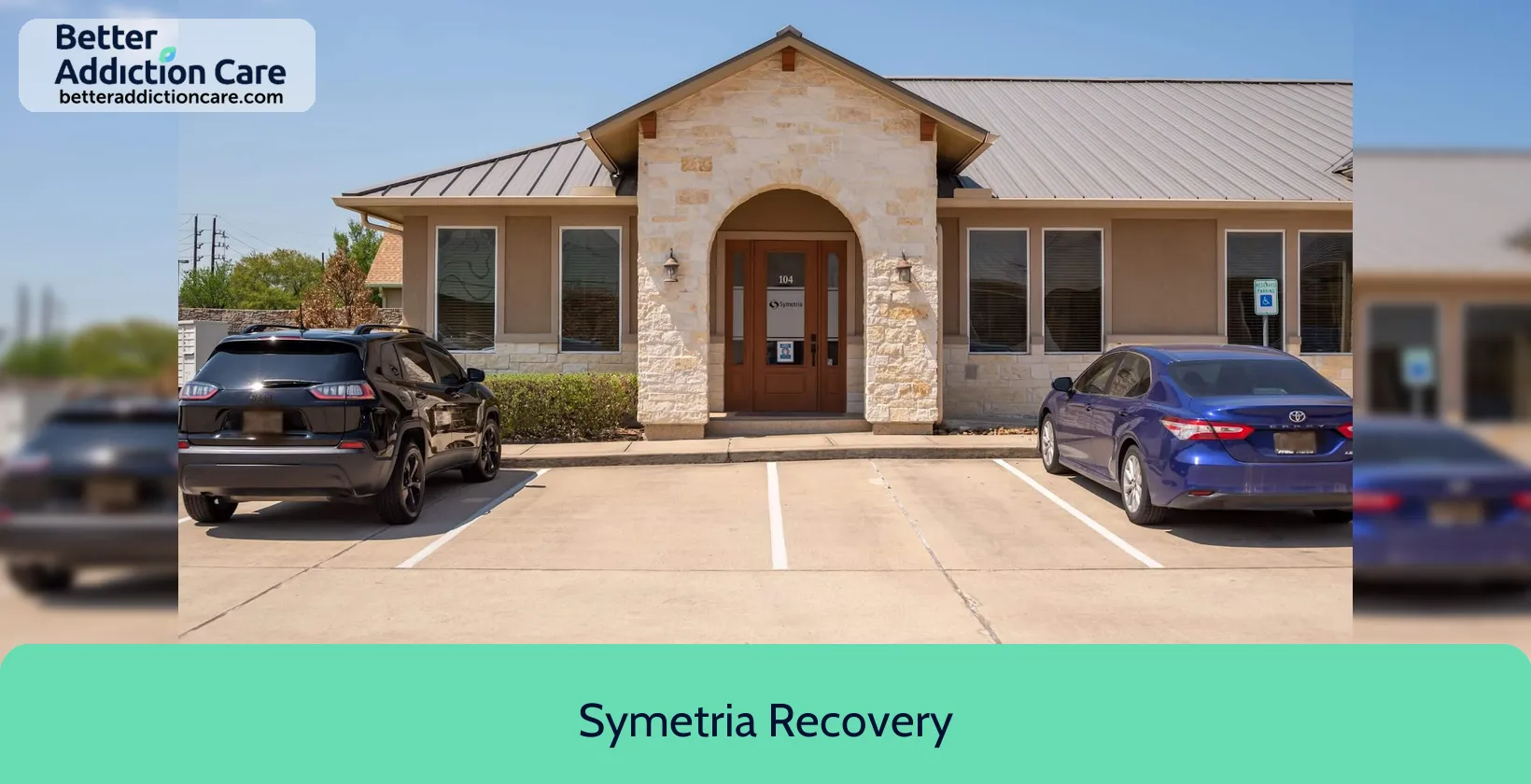
7.77
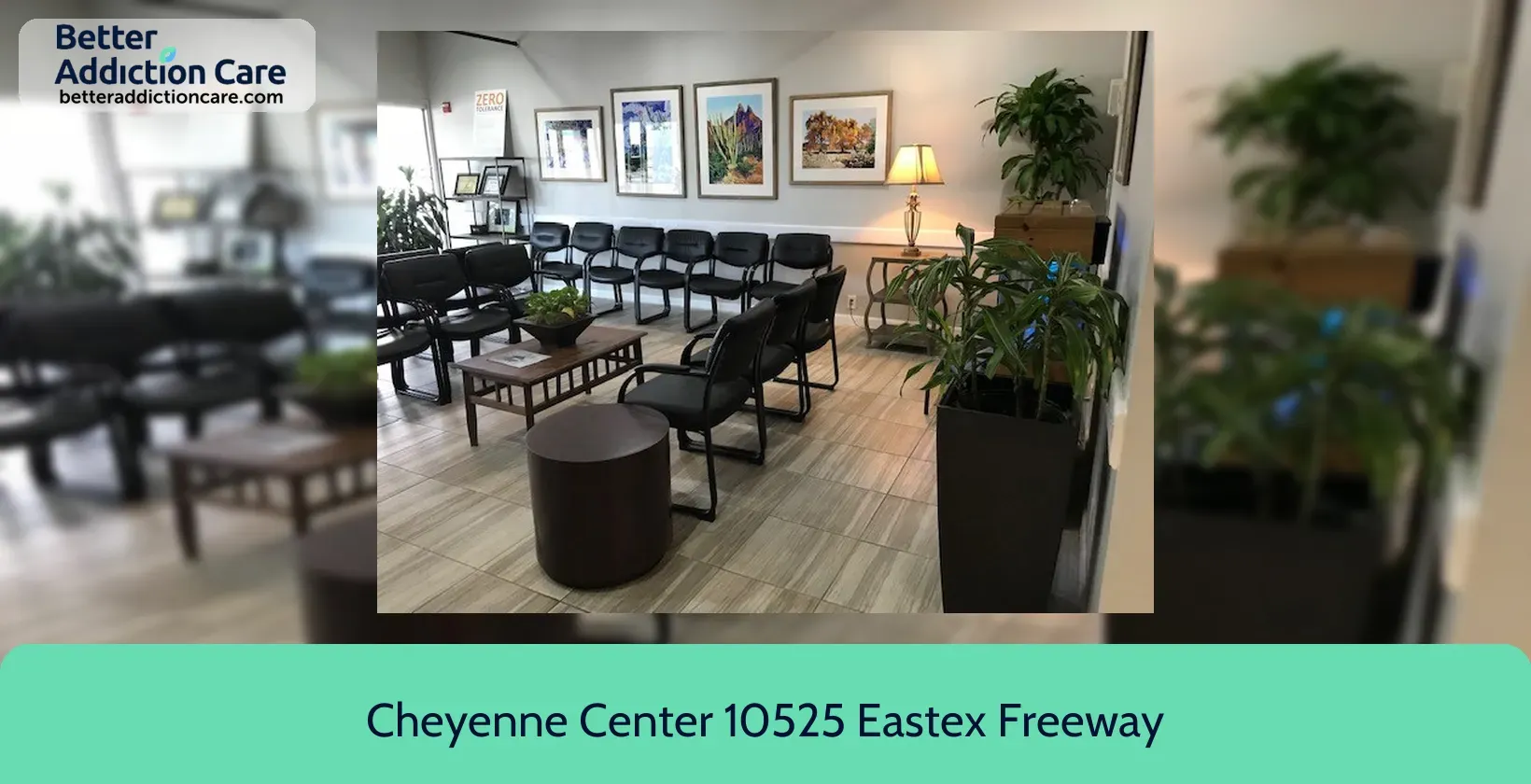
6.89
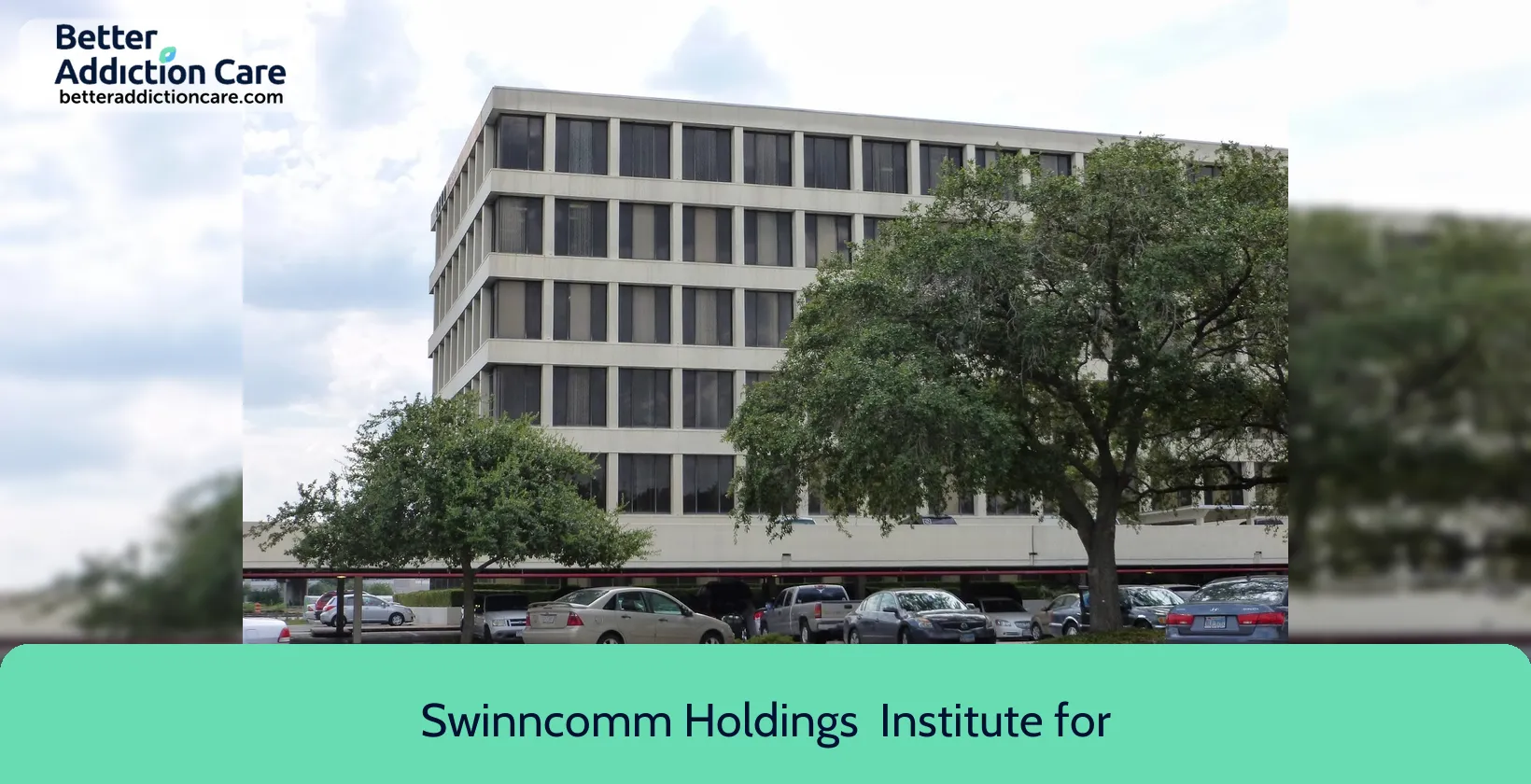
6.96
DISCLAIMER: The facility name, logo and brand are the property and registered trademarks of Swinncomm Holdings - Institute for Chemical Dependency Studies, and are being used for identification and informational purposes only. Use of these names, logos and brands shall not imply endorsement. BetterAddictionCare.com is not affiliated with or sponsored by Swinncomm Holdings - Institute for Chemical Dependency Studies.
